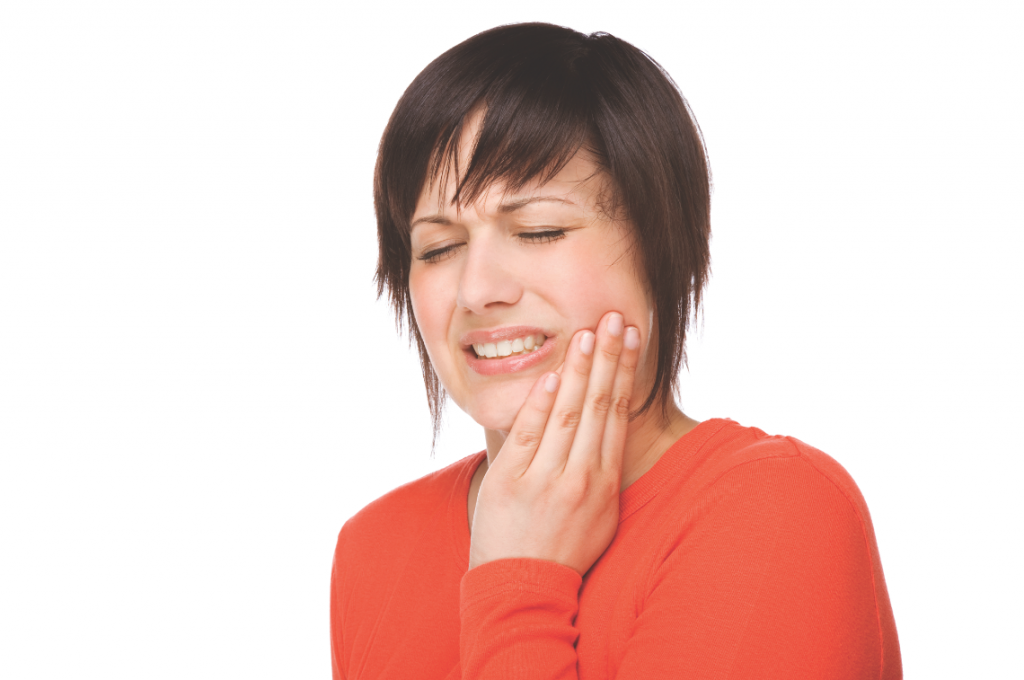Accidents happen, and knowing what to do when one occurs can mean the difference between saving a tooth and losing it.
Ignoring a dental problem can increase the risk of permanent damage as well as the need for more extensive and expensive treatment later on. Here are some common dental emergencies and how to deal with them according to the American Dental Association.
Q: How should a toothache be treated?
A: For toothaches, rinse your mouth with warm water to clean it out. Gently use dental floss to remove any food caught between the teeth. Do not put aspirin on aching tooth or gums—it may burn the gum tissue. If the pain persists, contact a dentist.
Q: What do you do for a cracked or chipped tooth?
A: For a cracked or chipped tooth, immediately rinse the mouth with warm water to clean the area. Put cold compresses on the face to keep any swelling down. See a dentist as soon as possible.
Q: If a tooth is knocked-out, what’s to be done?
A: For a knocked-out permanent tooth, keep it moist at all times. If you can, try placing the tooth back in the socket without touching the root, but never force it into the socket. If that’s not possible, place it in between your cheek and gums, in milk, or use a tooth preservation product that has the ADA Seal of Acceptance, such as Save-a-Tooth. In all cases, see your dentist as quickly as possible. Knocked out teeth with the highest chances of being saved are those seen by the dentist and returned to their socket within one hour of being knocked out.
Q: What if a tongue or lip is bitten?
A: If a tongue or lip is bitten, clean the area gently with water and apply a cold compress. See your dentist or go to the emergency room as soon as possible.
Q: What if it’s possible the jaw is broken?
A: If you think you (or your child’s) jaw is broken, apply cold compresses to control the swelling. Go to your dentist or a hospital emergency room immediately.


Q: How can I remove an object that’s stuck in the mouth or teeth?
A: For objects stuck in the mouth, try to gently remove with floss but do not try to remove it with a sharp or pointed instrument, these instruments can cut the gums or scratch the tooth surface. If it won’t come out, see your dentist or go to the emergency room as soon as possible.
Q: What if a filling comes out?
A: As a temporary measure, stick a piece of sugarless gum into the cavity (sugar-filled gum will cause pain) or use an over-the-counter dental cement.
Q: What are some ways to avoid a dental emergency?
A: There are a number of simple precautions everyone can take to avoid accident and injury to the teeth, such as:
• Wear a mouth guard when participating in sports or recreational activities.
• Avoid chewing ice, popcorn kernels and hard candy, all of which can crack a tooth.
• Use scissors, NEVER your teeth, to cut things.
For all dental emergencies, it’s important to visit your dentist as soon as possible. Most dentists reserve time in their daily schedules for emergency patients, so be sure to call your dentist and provide as much detail as you can about the condition. If the accident occurs when your dental office is not open, visit the local emergency room.

